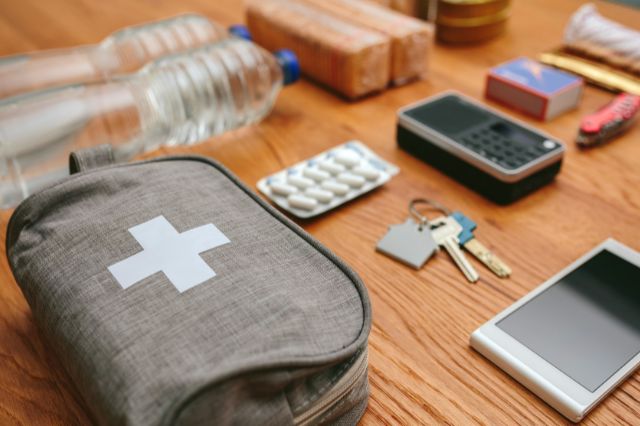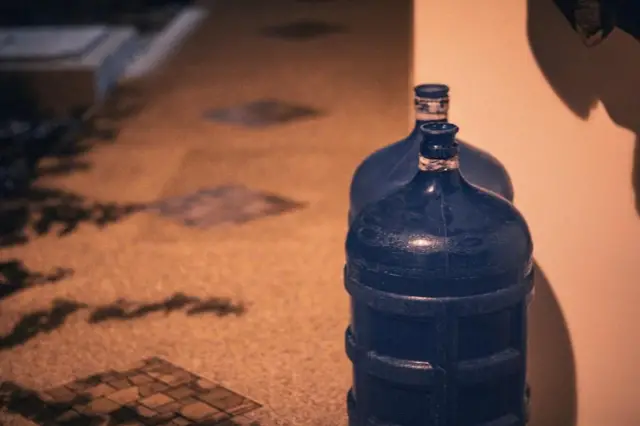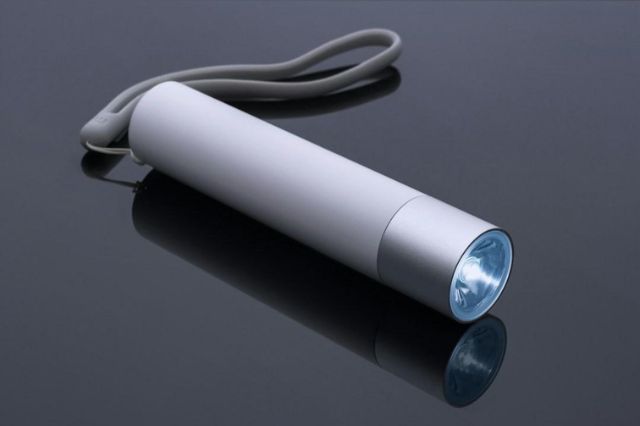Essential Items Every Household Needs for an Emergency

When disaster strikes, being prepared can make all the difference between chaos and control. It’s not just about weathering the storm, but ensuring you and your loved ones remain safe and comfortable throughout.
As emergencies can occur without warning, having a plan and essential items on hand can significantly mitigate the impact on your household.
Below, we’ll delve into the vital elements every home should have to face unforeseen challenges effectively. Keep reading to ensure your family is ready when the unexpected happens.
Non-Perishable Foods and Safe Water Supplies

Food and water are perhaps the most critical supplies to stockpile, as they sustain life. Non-perishable food items such as canned goods, dried fruits, nuts, and energy bars can provide essential nutrients and energy. Opt for a variety that offers a balance of proteins, carbohydrates, and fats, and consider any dietary restrictions or allergies your family members may have.
Water is especially vital and can become a scarce resource during emergencies. Each person should have at least one gallon of water per day for drinking and hygiene purposes, and a three-day supply is generally recommended. For extended emergency scenarios, investing in water purification tablets or filters can establish a more sustainable solution.
For those who find the idea of preparing such a provision daunting, there are businesses that sell products tailored to emergencies. When you visit https://RoundhouseProvisions.com/, you’ll find that they offer a range of ready-made emergency food kits, simplifying preparation for you and ensuring you have the balanced nutrition needed for challenging times.
Properly storing these items is another consideration; they should be kept in a cool, dry place to maximize their shelf life. Regularly rotate through the stock to use items nearing their expiration date and replace them with fresh supplies. By managing your stockpile intelligently, you’ll ensure that your emergency food and water remain safe and nutritious when you need them most.
The Role of a Well-Stocked First-Aid Kit
Injuries are a potential risk during any emergency, making a comprehensive first-aid kit a must-have. This should include a variety of bandages for different wound types, antiseptic wipes, and antibiotic ointment to prevent infections. Additionally, including tools such as tweezers for splinter or debris removal, scissors for cutting bandages, and adhesive tape is advisable.
Over-the-counter medications can ease discomfort from headaches, fevers, and other minor ailments, so adding pain relievers, anti-inflammatory drugs, and fever reducers is practical. For those with chronic conditions, ensuring a backup supply of prescribed medications is essential and could prove life-saving in a scenario where access to a pharmacy is restricted.
It’s also imperative to have knowledge of basic first-aid and CPR procedures. Consider taking a course or at least having instructional materials accessible within your kit. These skills become invaluable when professional medical help may be delayed or unavailable.
Importance of Backup Power Sources and Lighting

In the event of an electricity outage, having a backup power source can keep critical devices running and maintain communication with the outside world. Portable generators are a popular solution but require proper ventilation and fuel storage to be used safely. Solar chargers represent a greener alternative, offering a means to power phones and small electronics.
Lighting, as mentioned previously, is another area where backup solutions are important. Battery-operated or solar-powered lamps can provide peace of mind and functionality during nighttime hours, or when additional light is needed for tasks like cooking or reading.
It’s important to regularly test these emergency power sources to ensure they’re in good working condition when an emergency strikes. Regular maintenance on items like generators, including checking oil levels and ensuring fresh fuel, keeps them ready for use. Rechargeable batteries can also be kept at full charge and available for immediate deployment in flashlights and lamps.
Besides artificial lighting, remember candles and matches can be useful in a pinch. However, caution should be exercised when using open flames, particularly in confined spaces—always keep a fire extinguisher within reach in case of accidents.
Overall, being well-prepared for emergencies can make a significant difference in the outcome for individuals and families alike. By accumulating the necessary items and knowledge outlined in this article, you can establish a solid foundation of preparedness. Remember, foresight and planning are your greatest allies when facing the unpredictable nature of emergencies.




